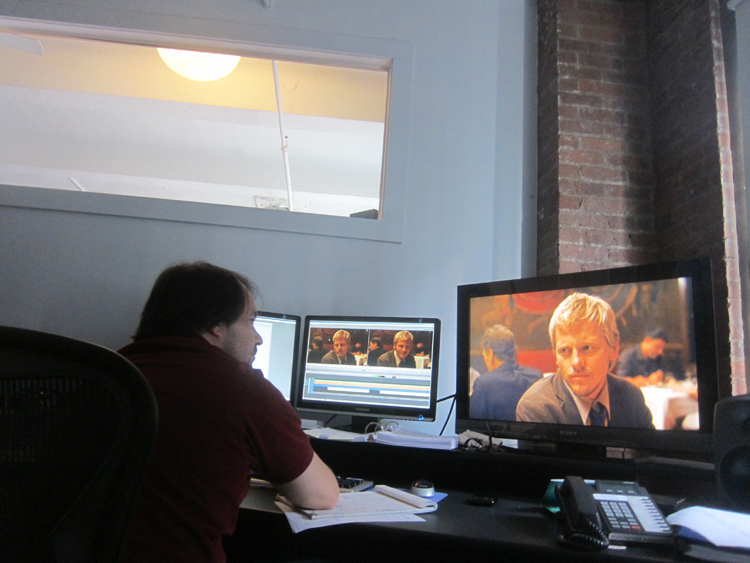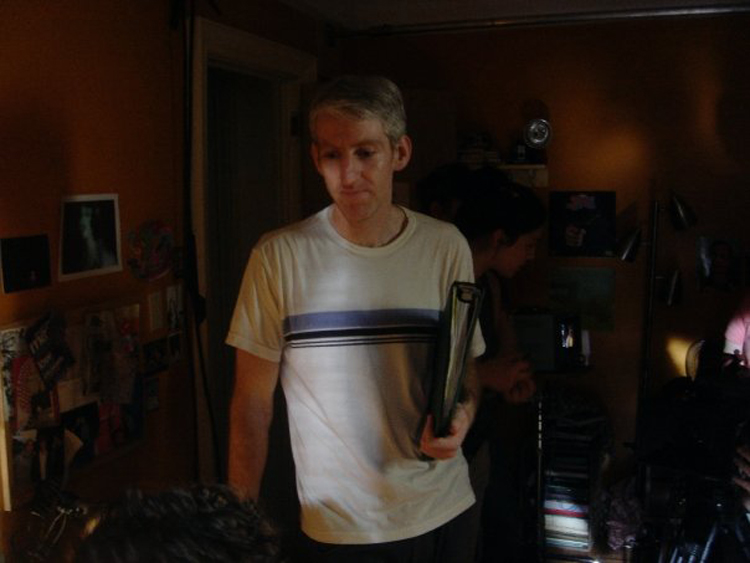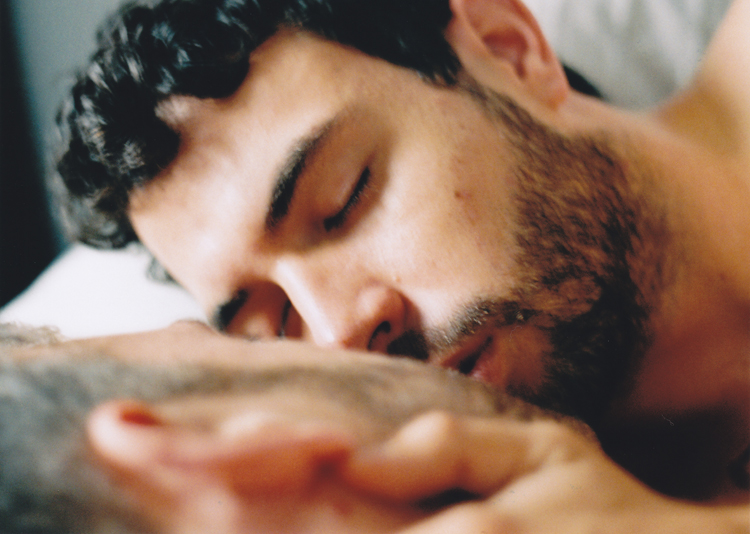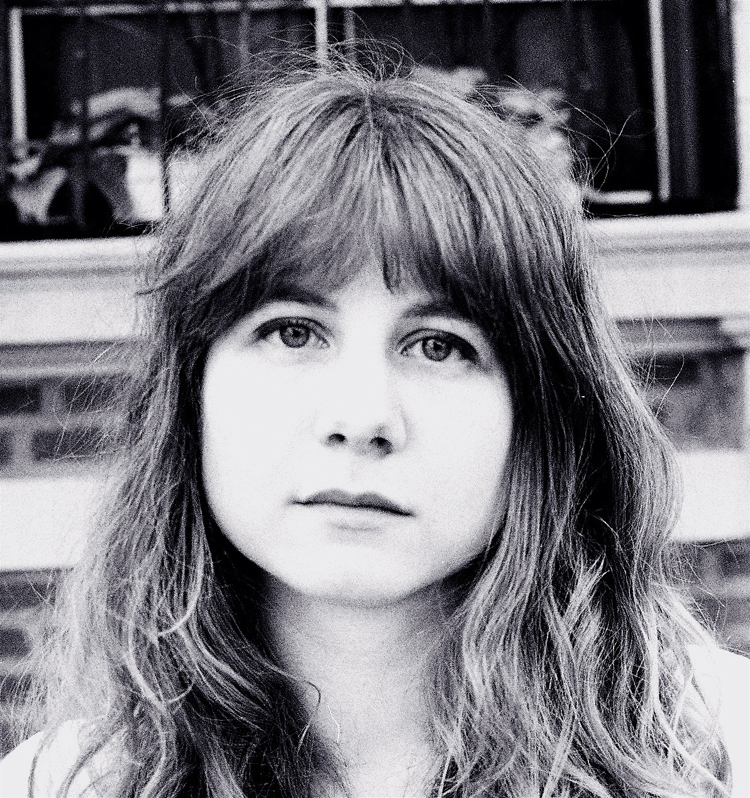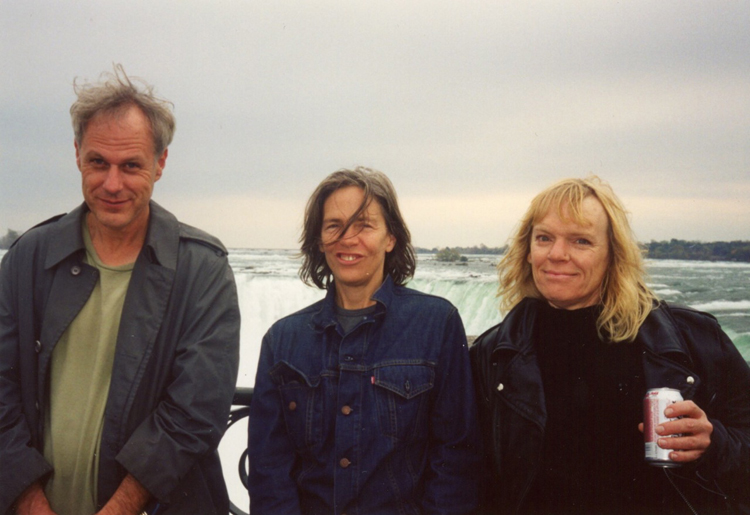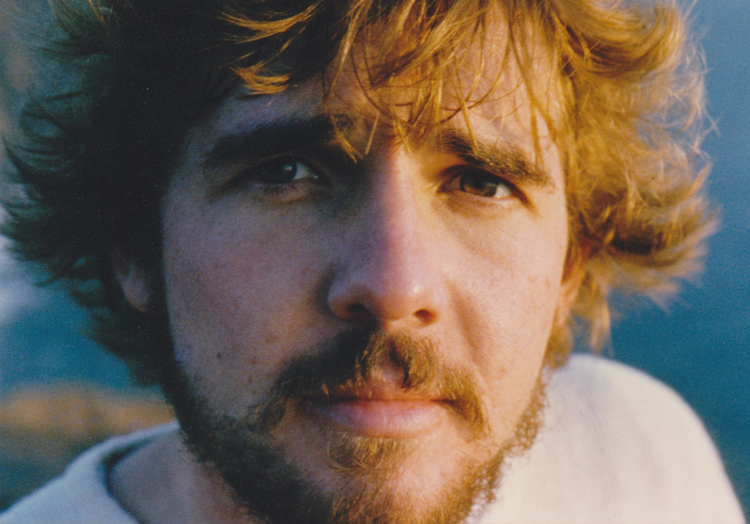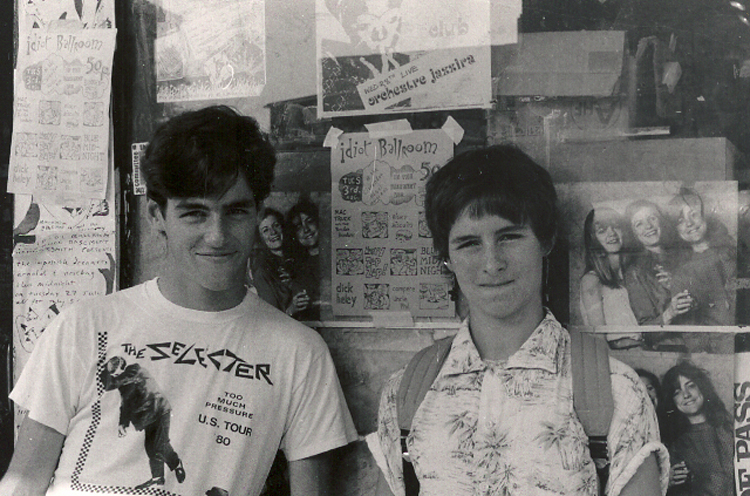In the Art and Autobiography section, we’ll be regularly featuring interviews with artists from across the creative spectrum who create, or are attempting to create personal or autobiographical work. We’ll also be featuring examples of personal storytelling from many of these artists. For our first post, Obie award-winning playwright and one of the legendary Five Lesbian Brothers Dominique Dibbell has graciously agreed to share an excerpt from “Adam and Jane”, a memoir she is currently writing about her parents.
After an hour or so, maybe more, my father stopped into one of those Chinese food shops in New York that are very bare bones. Thick, scratched, and dirty plate glass front, approach the counter, order from the menu on the wall above, order taker scurries back through a door to the kitchen and delivers order. Wait 5 to 10 minutes, order taker retrieves your meal from the back and gives it to you. It is in plastic containers, in a plastic bag, and included is a plastic fork, maybe a napkin, and soy sauce and hot mustard packets. If you’re lucky, it comes with a free egg roll.
So we go into this little Chinese food place with my father, and it smells bad. It smells more sad than bad. Like death, sickness, and loneliness are their fare more than lo mein and spare ribs. I am having a moment of disgust for this food and the people who eat it. On the other hand, it is around lunchtime on a cold winter day and I have probably eaten a bagel about four hours ago so I am hungry. I would like to eat some of this Chinese food. Because sometimes, of course, very good food can come out of very sad looking places. Not usually, but sometimes. Also, I am new to New York, so I don’t know that most likely the food from here will be terrible. Also, it might not taste terrible to me because my tastes are not fully matured. More…




